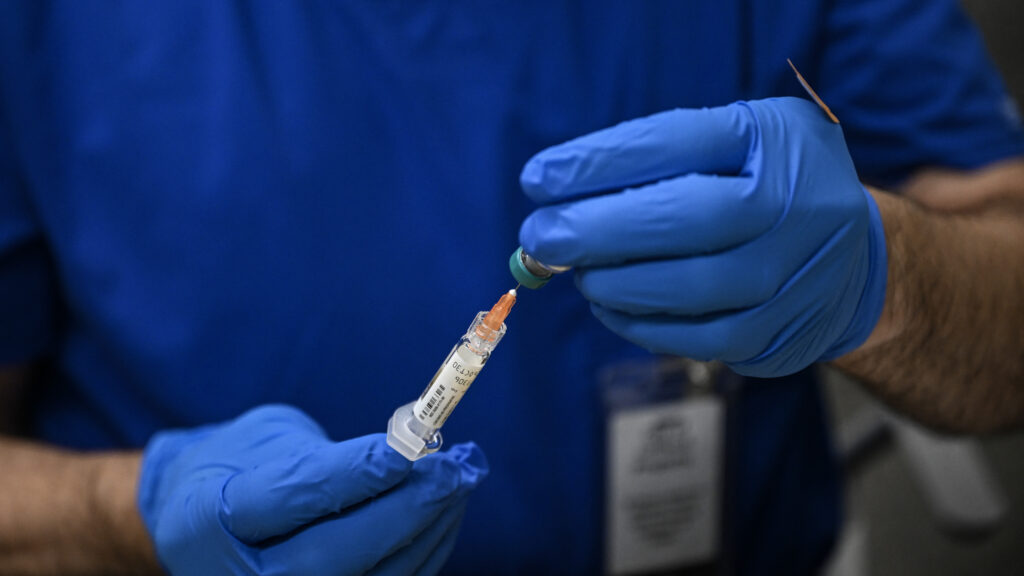Vaccine Defenders Unite: Public Health Experts Mobilize Against RFK Jr.'s Misinformation Campaign

In an unprecedented move, leading public health experts are mobilizing to protect the nation's vaccination strategy from potential disruption by Robert F. Kennedy Jr., who has been appointed as the new health secretary. These top professionals are deeply concerned about Kennedy's long-standing history of vaccine skepticism and are taking proactive steps to safeguard public health policies.
Kennedy, known for his controversial stance on vaccines, has raised significant alarm among medical professionals who fear his appointment could undermine decades of scientific progress in immunization. Public health leaders are now strategizing to prevent any potential rollback of established vaccination guidelines that have been crucial in preventing widespread disease outbreaks.
The extraordinary intervention by these key figures underscores the critical importance of maintaining robust vaccination programs. They are preparing comprehensive briefings, scientific evidence, and strategic recommendations to ensure that science-based health policies remain at the forefront of public health decision-making.
As tensions rise, the medical community remains vigilant, determined to protect the health and safety of millions of Americans who depend on effective vaccination strategies. The coming months will be pivotal in determining the future direction of U.S. public health policy under Kennedy's leadership.
